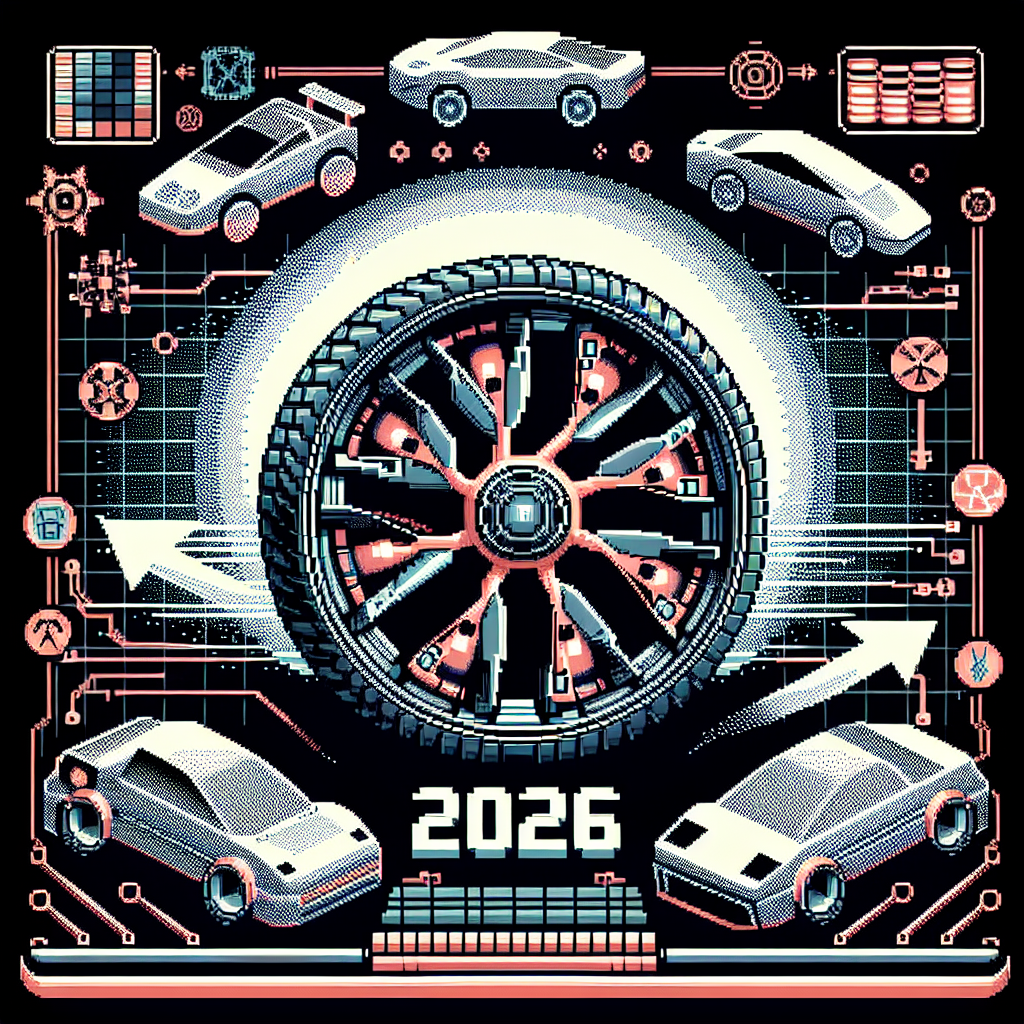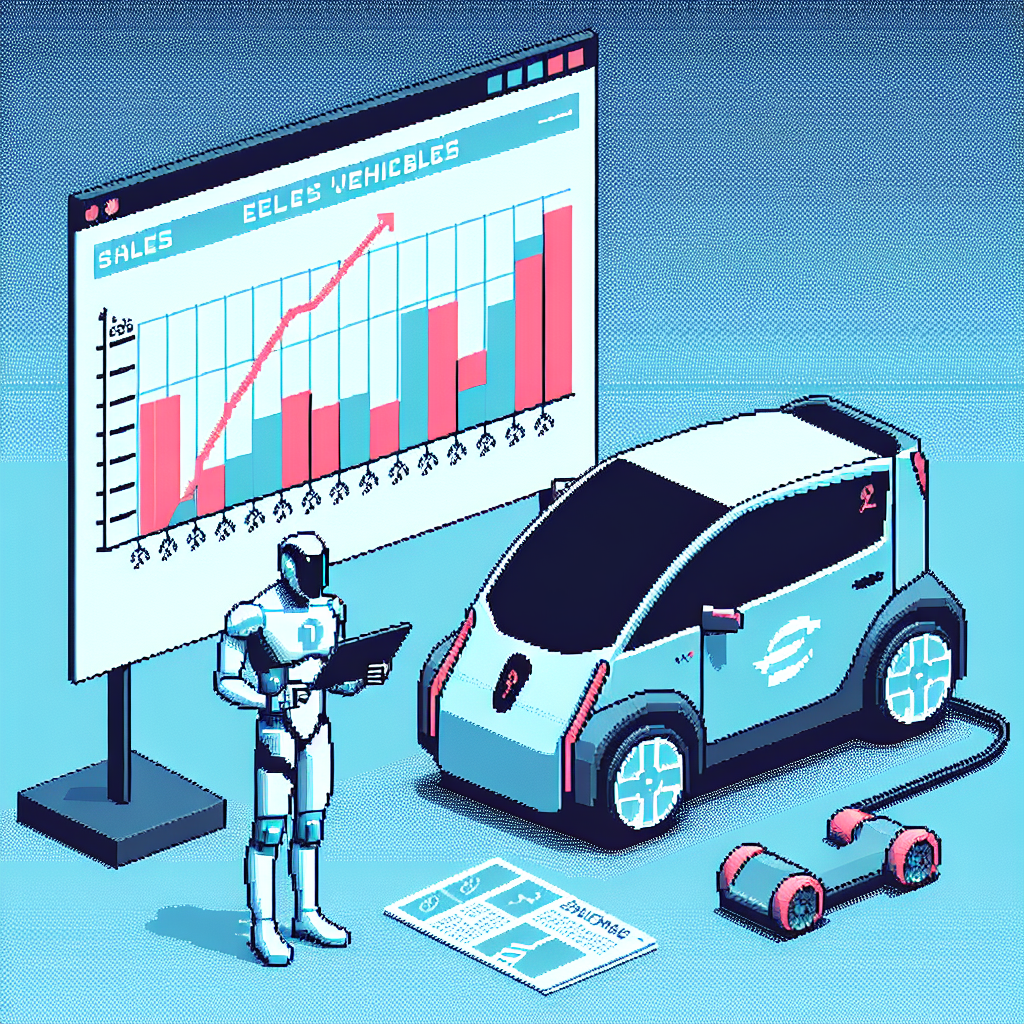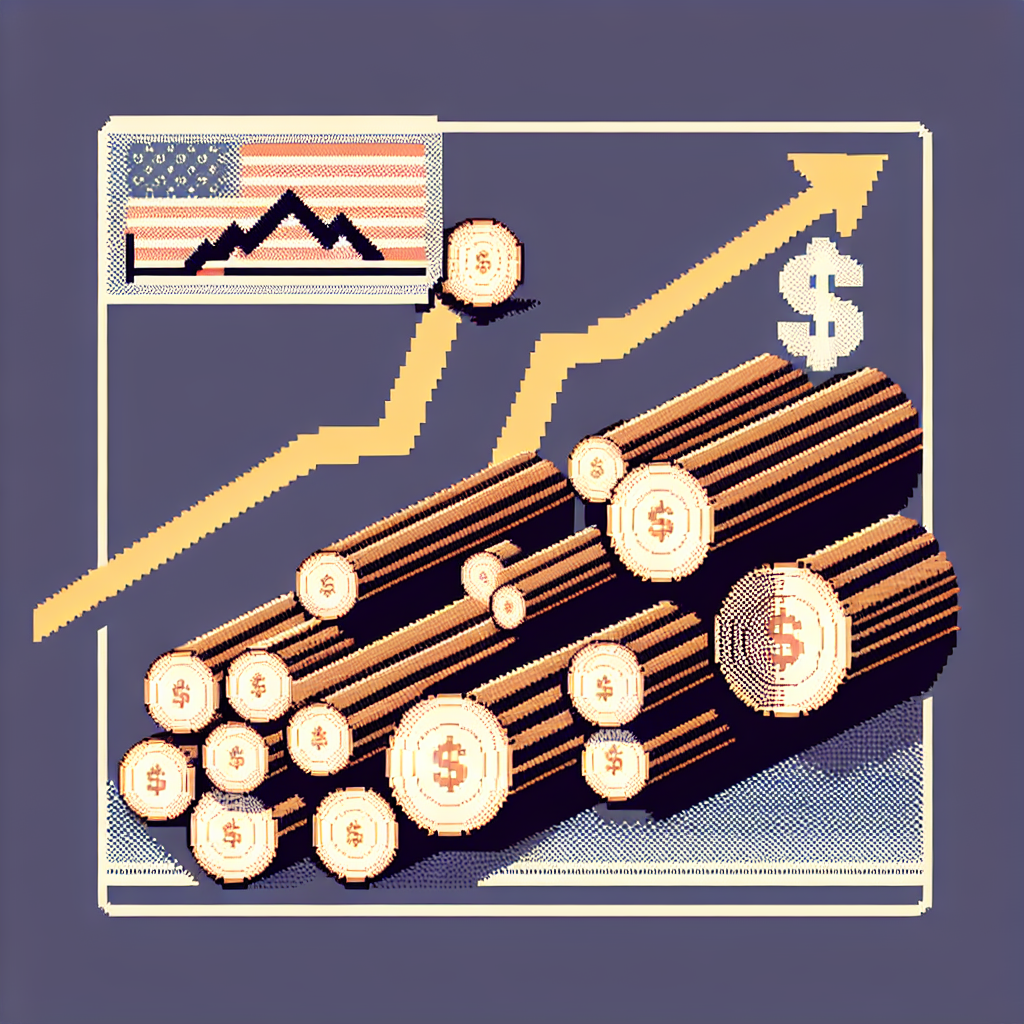When old iPhones get a lifeline: iOS 12.5.8 keeps iMessage and FaceTime alive
A small update can feel like a minor miracle when it suddenly makes an ancient phone useful again. On January 26, 2026, Apple quietly pushed iOS 12.5.8 to a handful of legacy devices — an unexpected but welcome move that ensures iMessage, FaceTime and device activation keep working on models that can’t run modern iOS releases.
Why this matters more than it sounds
- Many people still rely on older phones as spare devices, handed-down hardware, or phones for kids and elders.
- Some core services — iMessage, FaceTime and device activation — depend on security certificates that can expire. When that happens, even a perfectly functional battery and screen can’t redeem a device that can’t authenticate with Apple’s services.
- Apple’s 12.5.8 update renews those certificates so these services continue to work past the original expiration window (Apple’s release notes say this extends functionality beyond January 2027).
That’s not a flashy feature update — no redesign, no new widgets — but it’s practical maintenance that keeps devices online and useful for everyday communication.
Which devices are covered
- iPhone 5s
- iPhone 6 and iPhone 6 Plus
- iPad Air (original)
- iPad mini 2 and iPad mini 3
- iPod touch (6th generation)
If you own (or inherit) any of these models and still rely on Messages or FaceTime, installing iOS 12.5.8 is the simple way to avoid service interruption.
A little context: Apple’s approach to legacy support
- Apple has a reputation for longer OS support than many Android vendors. This update extends the lifespan of devices launched in 2013–2014 — a 12–13 year span for the iPhone 5s and iPhone 6.
- Historically, Apple issues focused security patches and certificate renewals for legacy OS branches (like iOS 12) when a backend change would otherwise break key functionality.
- This particular update appears targeted and intentional: it replaces an expiring certificate rather than modernizing the platform.
What to do if you have one of these older devices
- Back up the device first (iCloud or a local backup) in case anything goes wrong.
- Check Settings > General > Software Update and install iOS 12.5.8 when it appears.
- After updating, verify iMessage and FaceTime activation by sending a message or placing a FaceTime call.
- Remember that app compatibility, security protections, and modern features remain limited on these devices — this update preserves core Apple services, not modern app support.
Why Apple might care about keeping old devices working
- User experience: Broken messaging or activation is an outsized annoyance for users who otherwise have functioning hardware.
- Device activation matters for transfer, resale, repairs and emergency calls — so certificate renewals protect many downstream scenarios.
- Environmental and social impact: Extending useful life reduces e-waste and helps people who can’t or don’t want to upgrade frequently.
- Brand consistency: Apple benefits when its services remain reliable across generations, even if hardware is dated.
A few caveats
- This update does not make old hardware secure in the same way a modern iPhone is. Newer iOS releases get deeper security architecture upgrades and broader app compatibility.
- Apple has also briefly stopped signing a few recently released updates (reported January 28, 2026), which can affect the availability of specific builds. If an update doesn’t appear or seems blocked, check Apple’s official notes and retry later.
Quick takeaways
- iOS 12.5.8 (released January 26, 2026) extends the certificates that let iMessage, FaceTime and device activation continue to work on older Apple devices.
- The update is small and targeted but meaningful: it keeps legacy hardware useful for communication and activation tasks.
- If you use an iPhone 5s, iPhone 6, original iPad Air, older iPad mini, or iPod touch (6th gen), install the update after backing up.
My take
This is the kind of practical, unspectacular move that quietly matters to real users. It’s not about headlines or feature lists; it’s about keeping connections alive. For people holding onto older devices for budget, sentimental, or environmental reasons, Apple’s certificate renewal is a small mercy — one that nudges the device’s useful life forward without pretending it’s modern. Companies don’t always prioritize these low-glamour fixes, so when they do, it’s worth noticing.
Sources
-
Apple Support — About the security content of iOS 12.
https://support.apple.com/en-us/103695 -
MacRumors — iPhone 5s Gets New Software Update 13 Years After Launch (January 26, 2026).
https://www.macrumors.com/2026/01/26/iphone-5s-software-update/
Related update: We recently published an article that expands on this topic: read the latest post.
Related update: We recently published an article that expands on this topic: read the latest post.







![All of the best iPhone 17 case deals: Exclusive discounts, launch bundles, and more [Updated] – 9to5Toys | Analysis by Brian Moineau](https://moineauworld.com/wp-content/uploads/2025/09/All_of_the_best_iPhone_17_case_deals_Exclusive_discounts_launch_bundles_and_more_Updated_-_9to5Toys.png)









